
EUDR delay confirmed
The deforestation regulation’s postponement comes after a year of political wrangling
News & Analysis on Food & Beverage Development & Technology

The deforestation regulation’s postponement comes after a year of political wrangling

The act is a mixed bag for novel food risk assessments
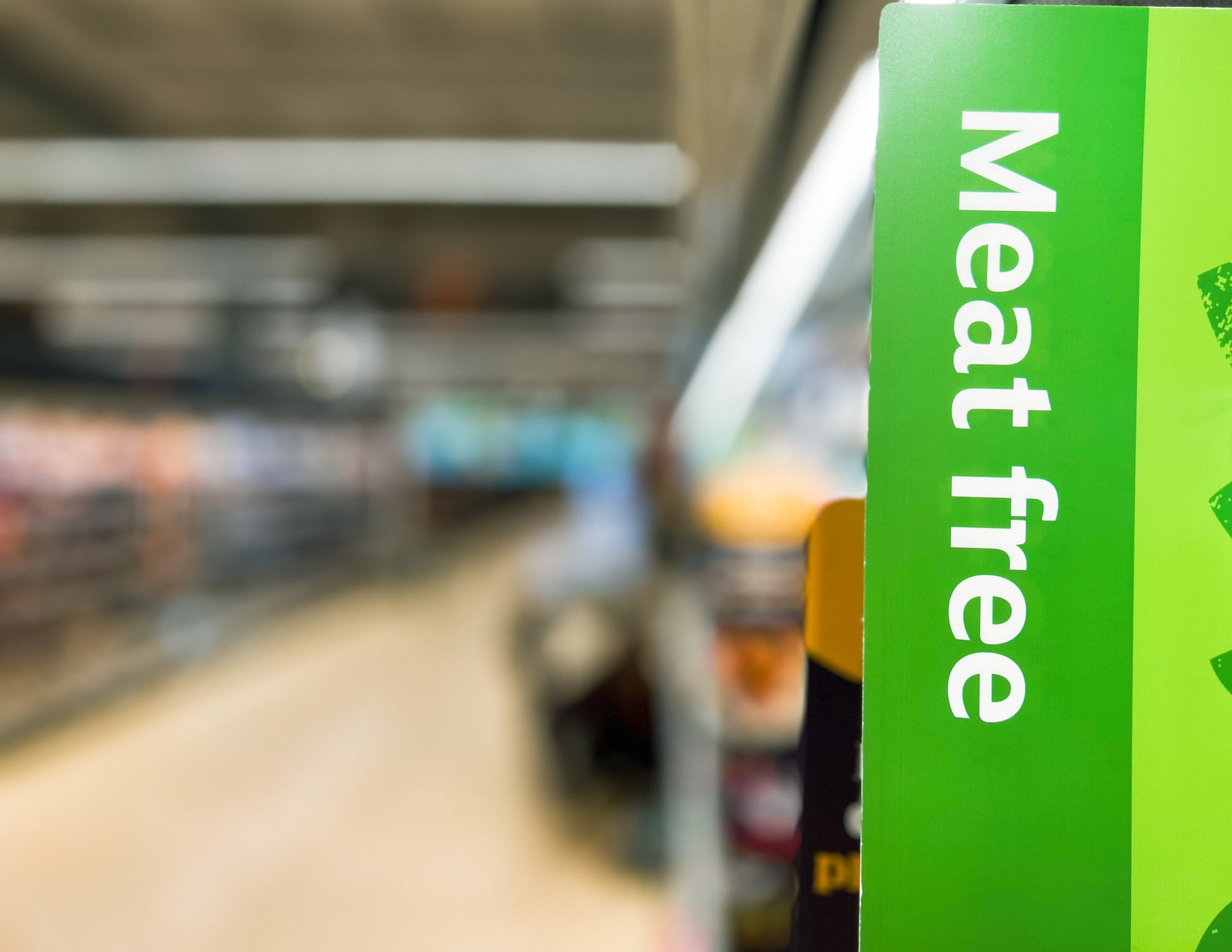
Confusion during talks has postponed the decision on the ban

The UK has released its first guidelines on cultivated meat novel food applications
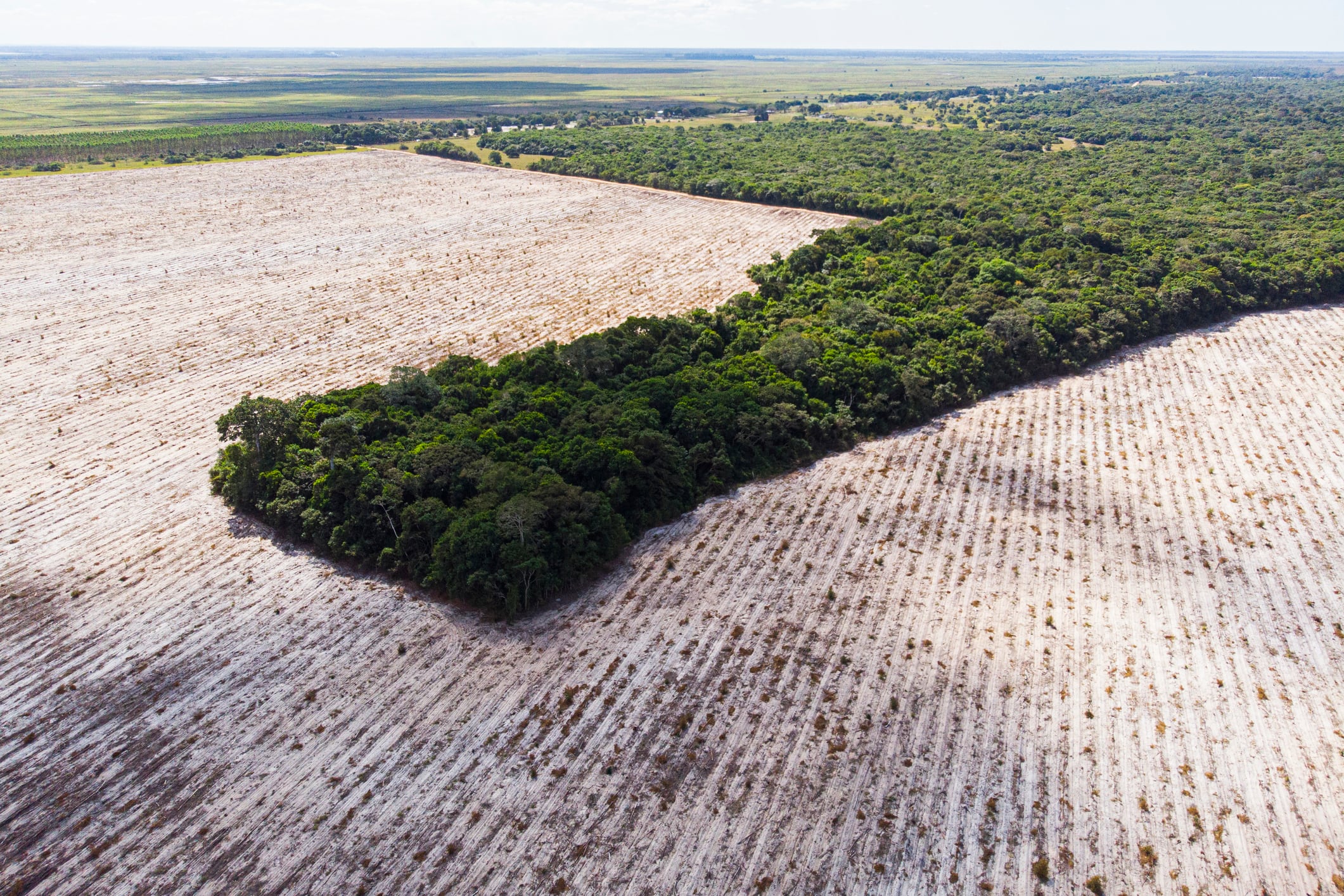
The Council and Parliament have decided to postpone the landmark regulation

Despite market potential, CBD is restricted in the EU
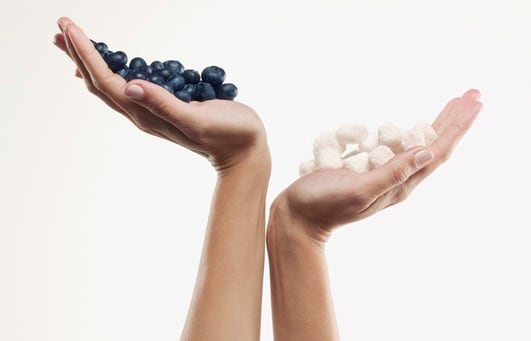
The UK will extend its sugar tax to include more drinks, including milk-based products. Businesses have two options: take the financial hit - or get back into the lab and innovate

The Protein Brewery is celebrating a positive scientific opinion from Europe’s food safety agency. So when will its new mycoprotein ingredient hit the market?
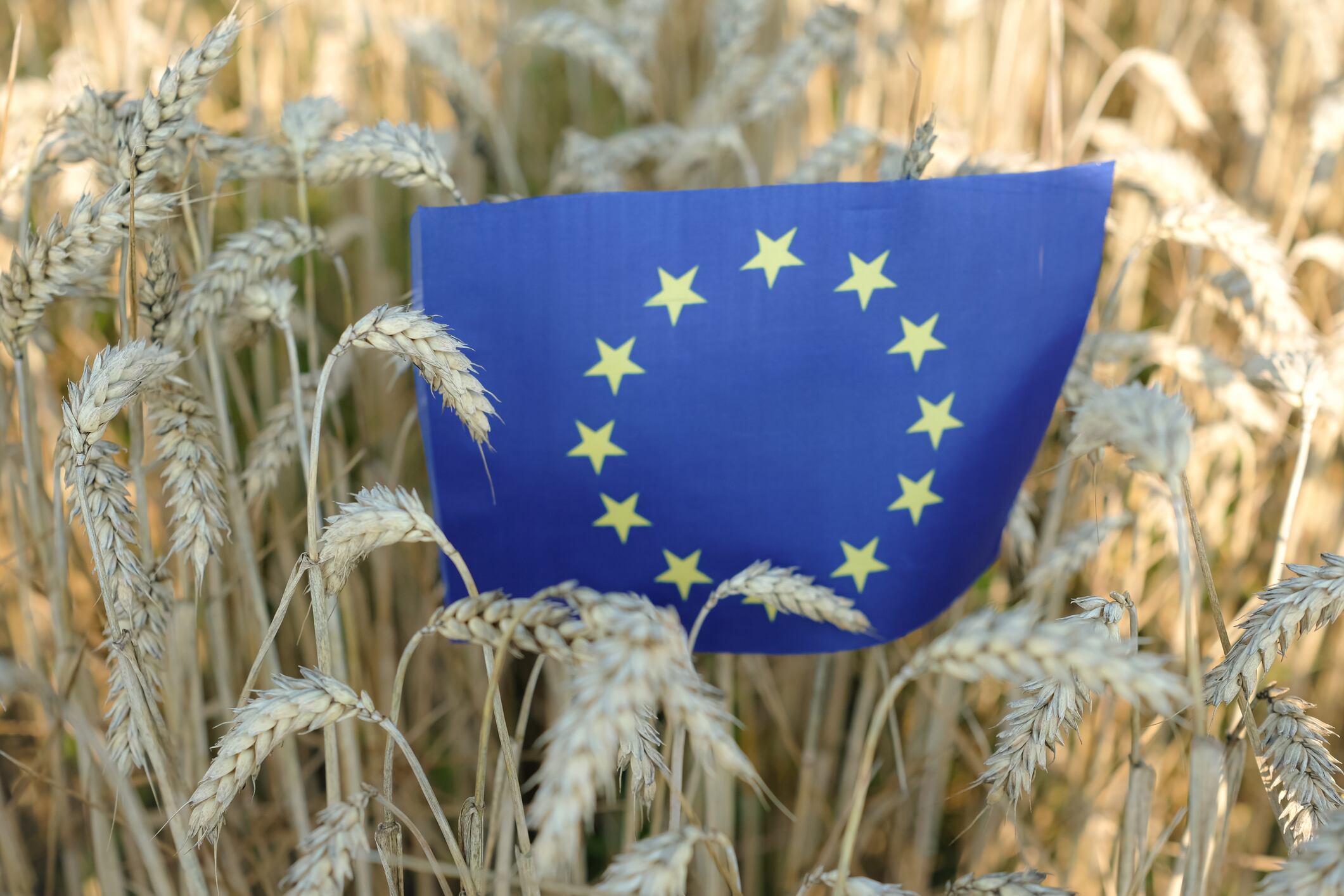
The wide ranging strategy touches on both packaging and novel foods

The landmark deforestation regulation is a step closer to being postponed following a vote in European Parliament
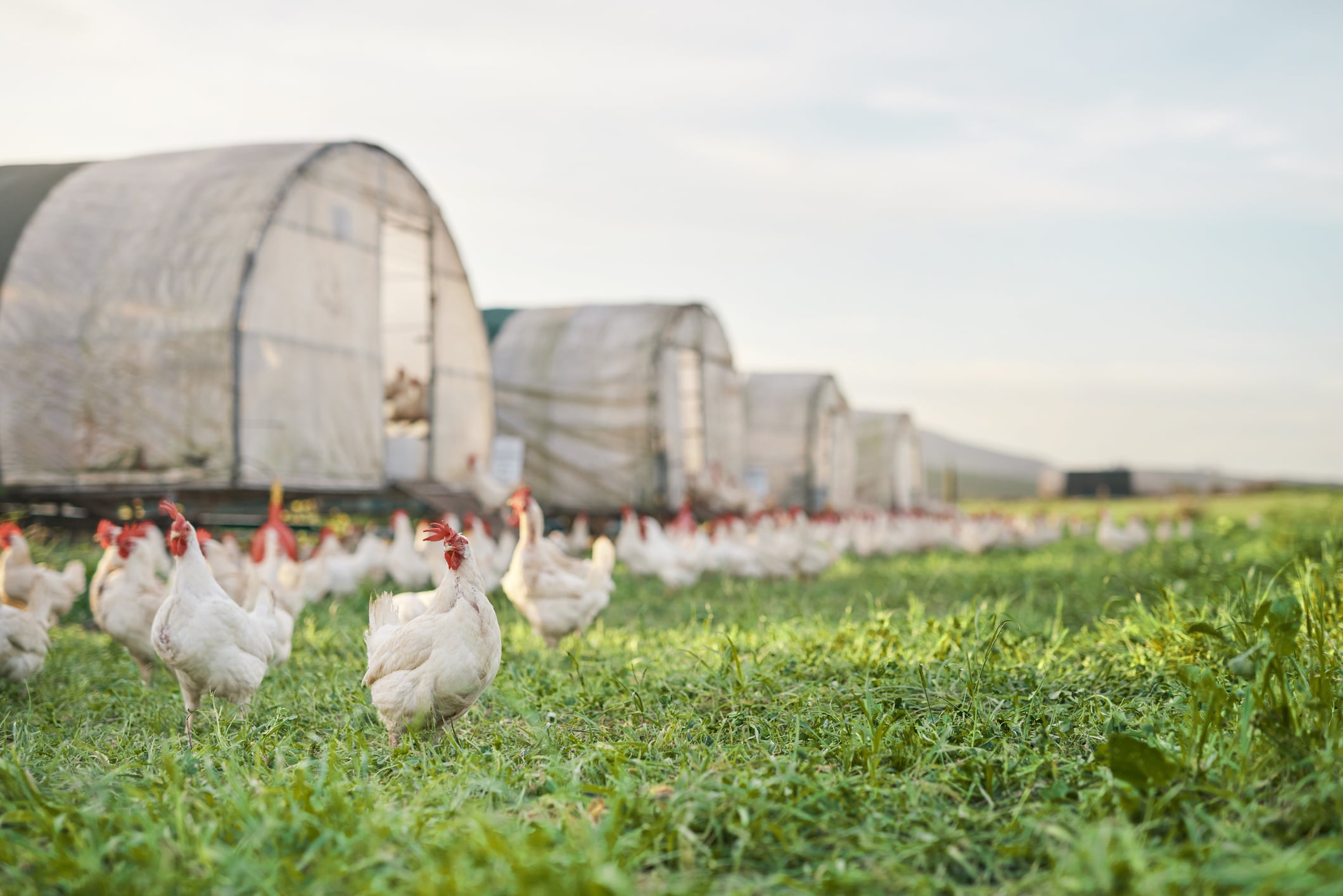
Cases of avian influenza are now four times what they were a year ago

The UK is expanding its Soft Drinks Industry Levy to milk-based drinks. Here are the new rules
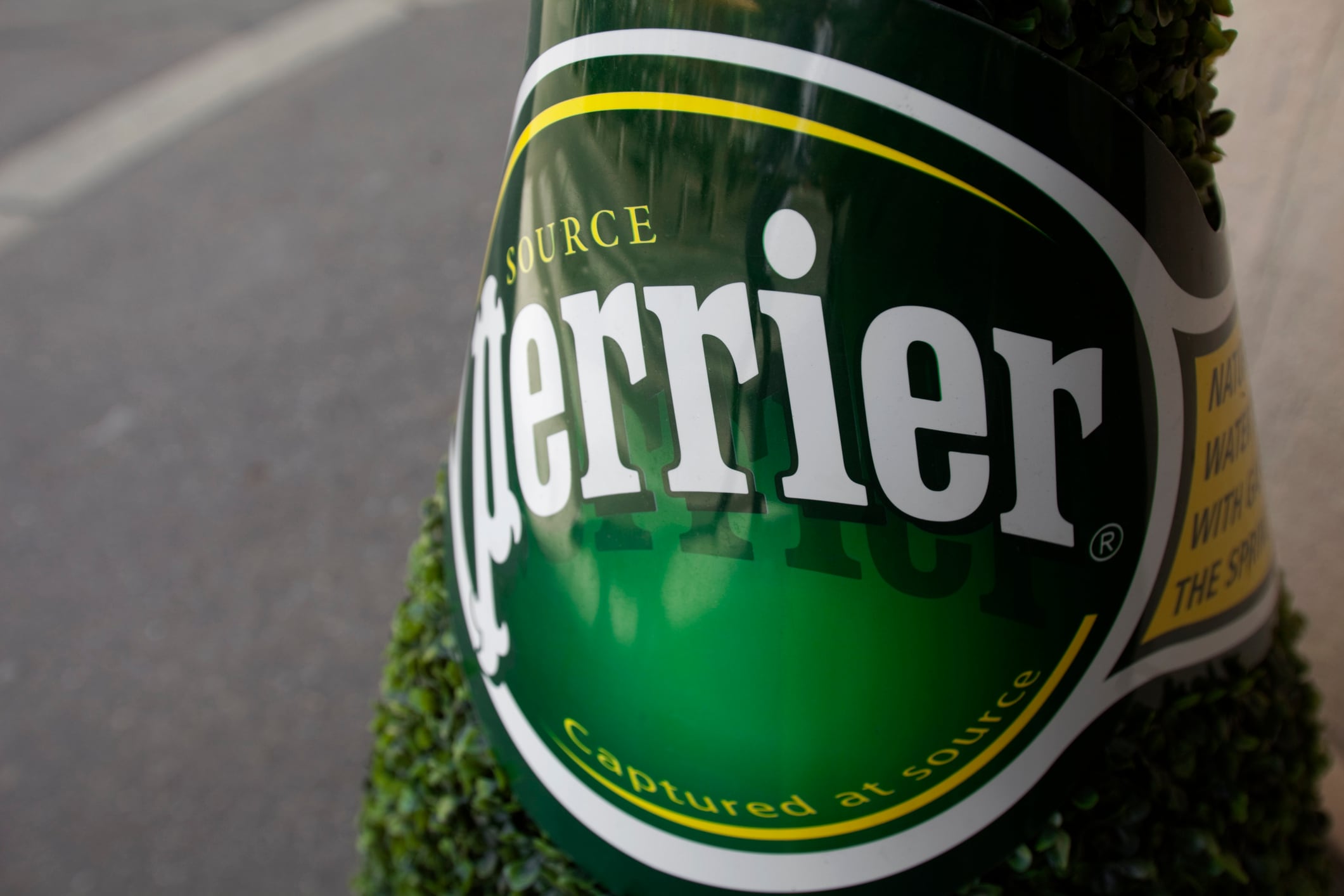
A French court has rejected a case against Perrier’s owner Nestlé, who will now reclaim legal fees
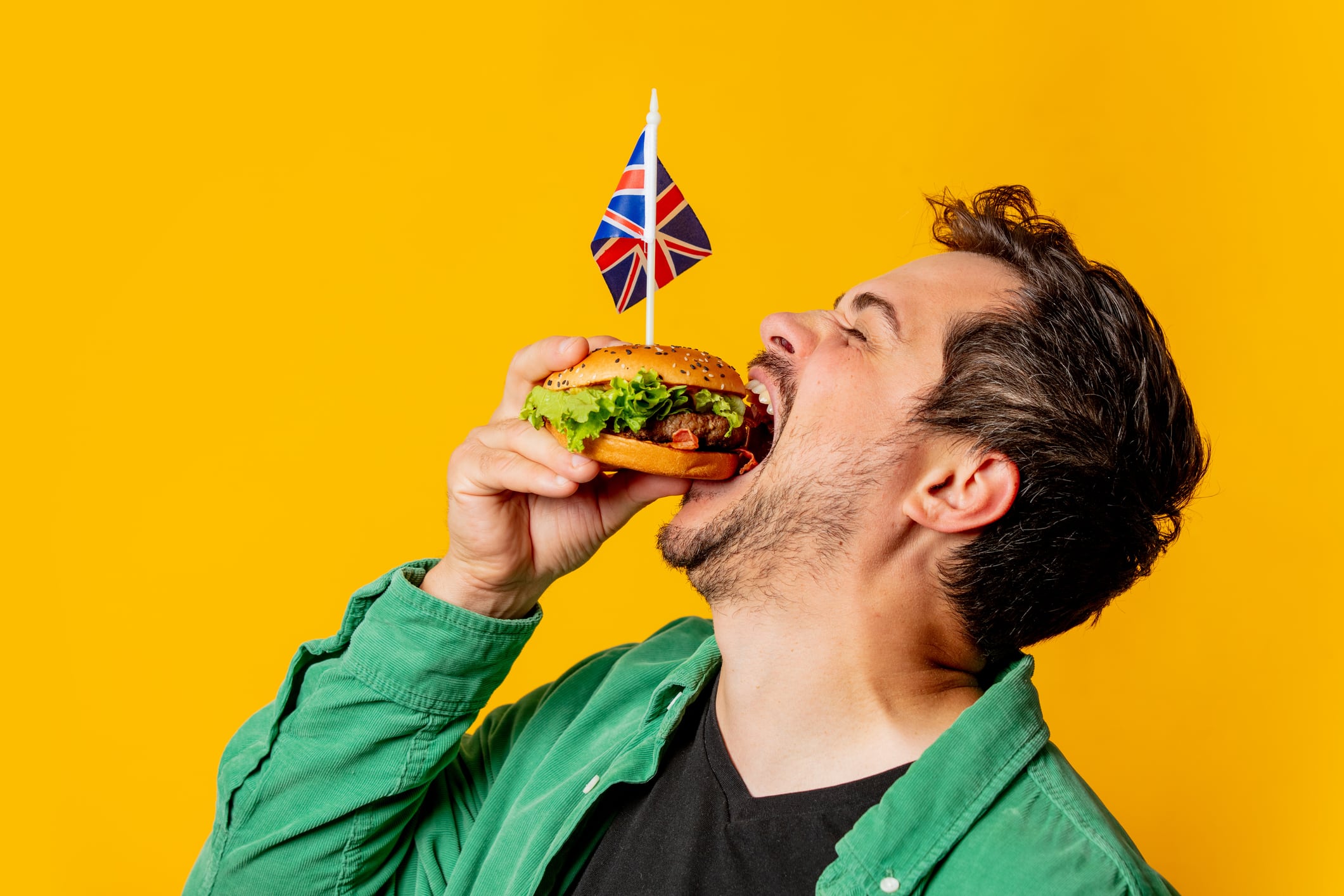
Thanks to a deal earlier this year, labelling restrictions for meat alternatives may spread beyond the EU’s borders

Up the food chain
The newly appointed Dr Nikolaus Kriz has ambitions to optimise European food safety

The EU council has backed a year-long delay of the landmark regulation

Despite opposition from key industry players such as Ferrero and Nestlé, a one-year postponement may still take place
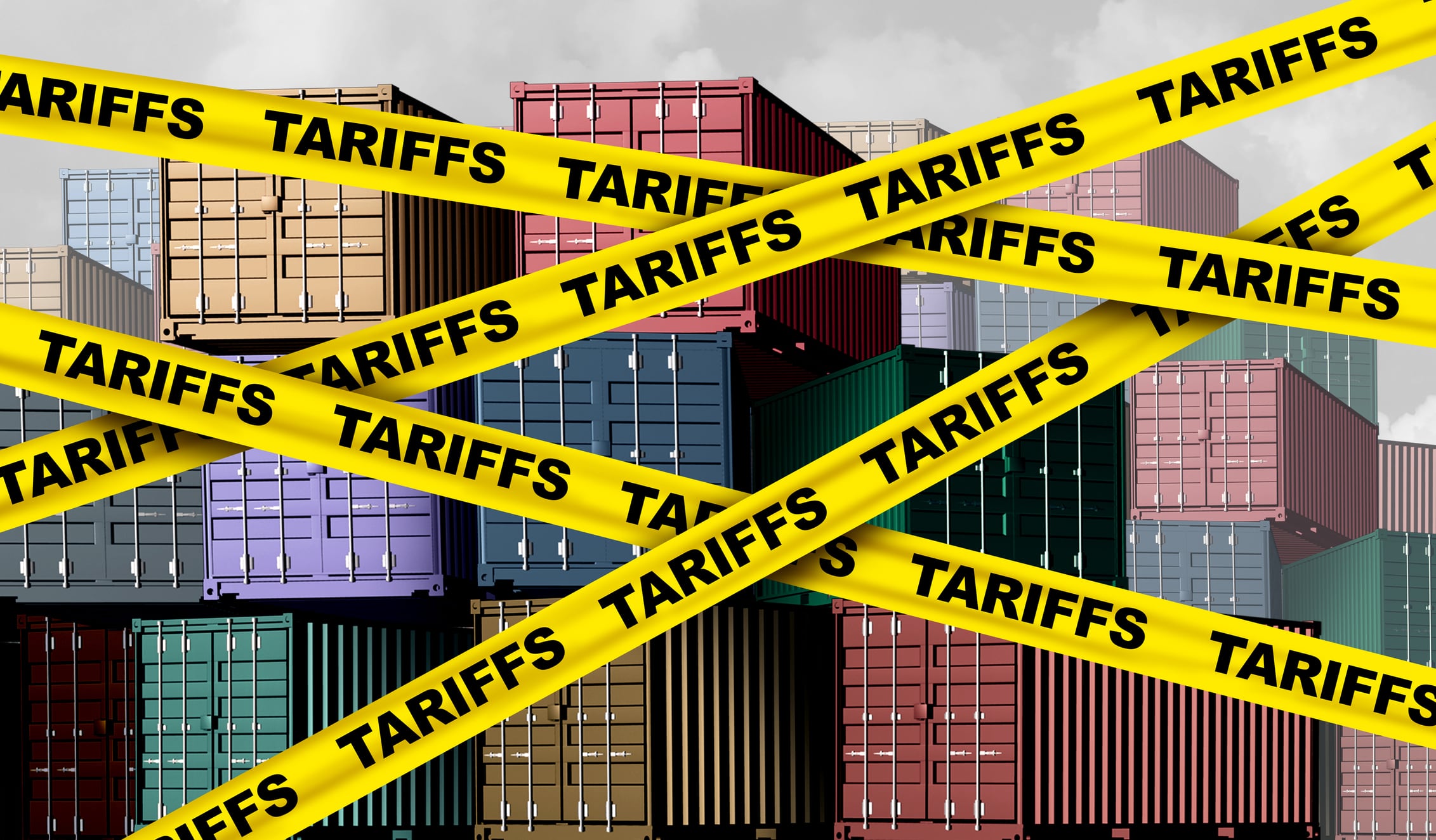
Consumer Brands Association urges further tariff rollbacks on products like palm oil and tin mill steel

Food and drink manufacturers now have a new lipid to add to their formulation toolbox – one that boasts health and sustainability credentials

Sweeping alterations to the EU’s deforestation regulation changes the game for compliance and enforcement
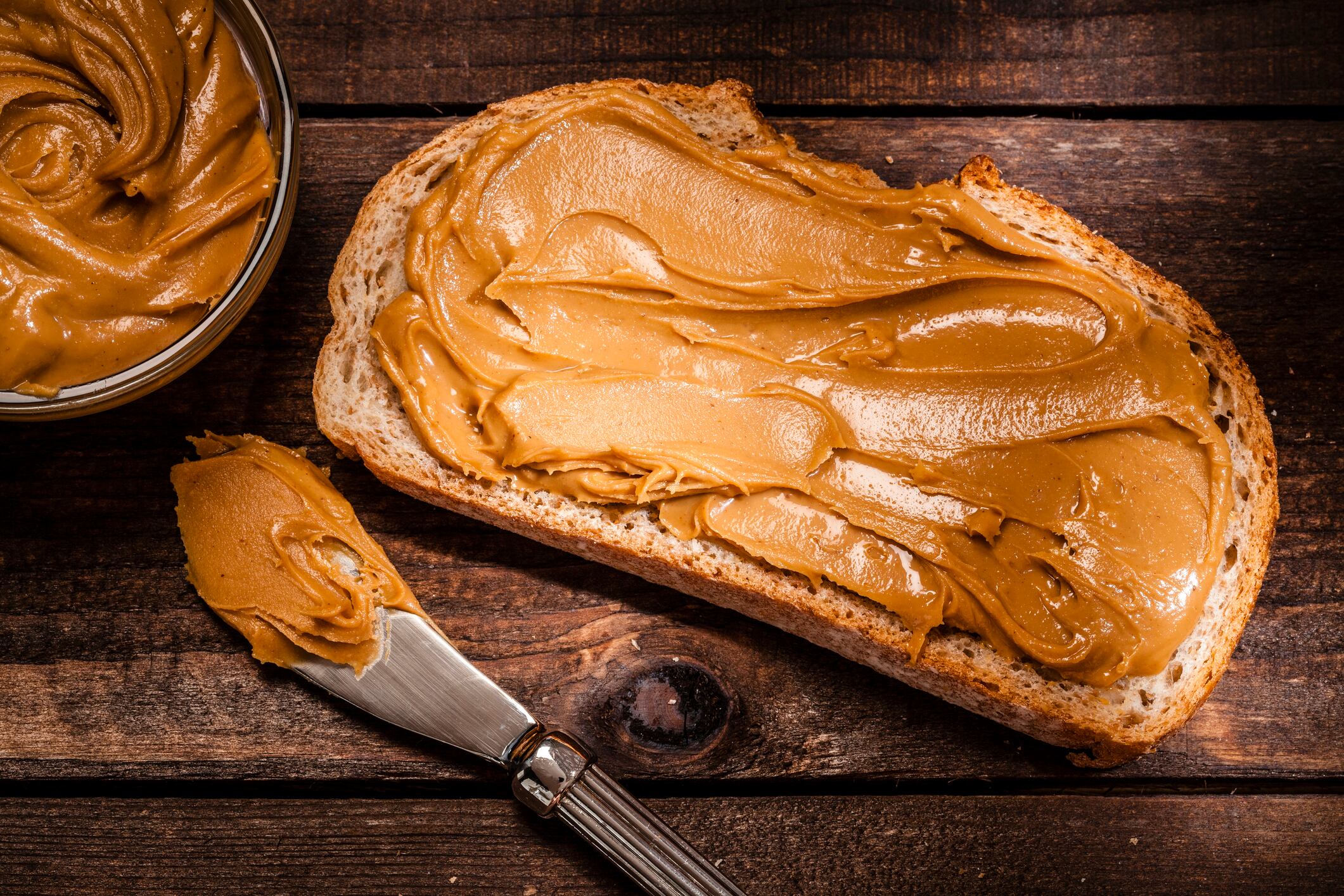
The standard includes ingredient criteria and processing intensity that align with nutrition research and food system realities

Danone has been called out by the creators of Nutri-Score for promoting a misleadingly healthy image of some of its dairy products
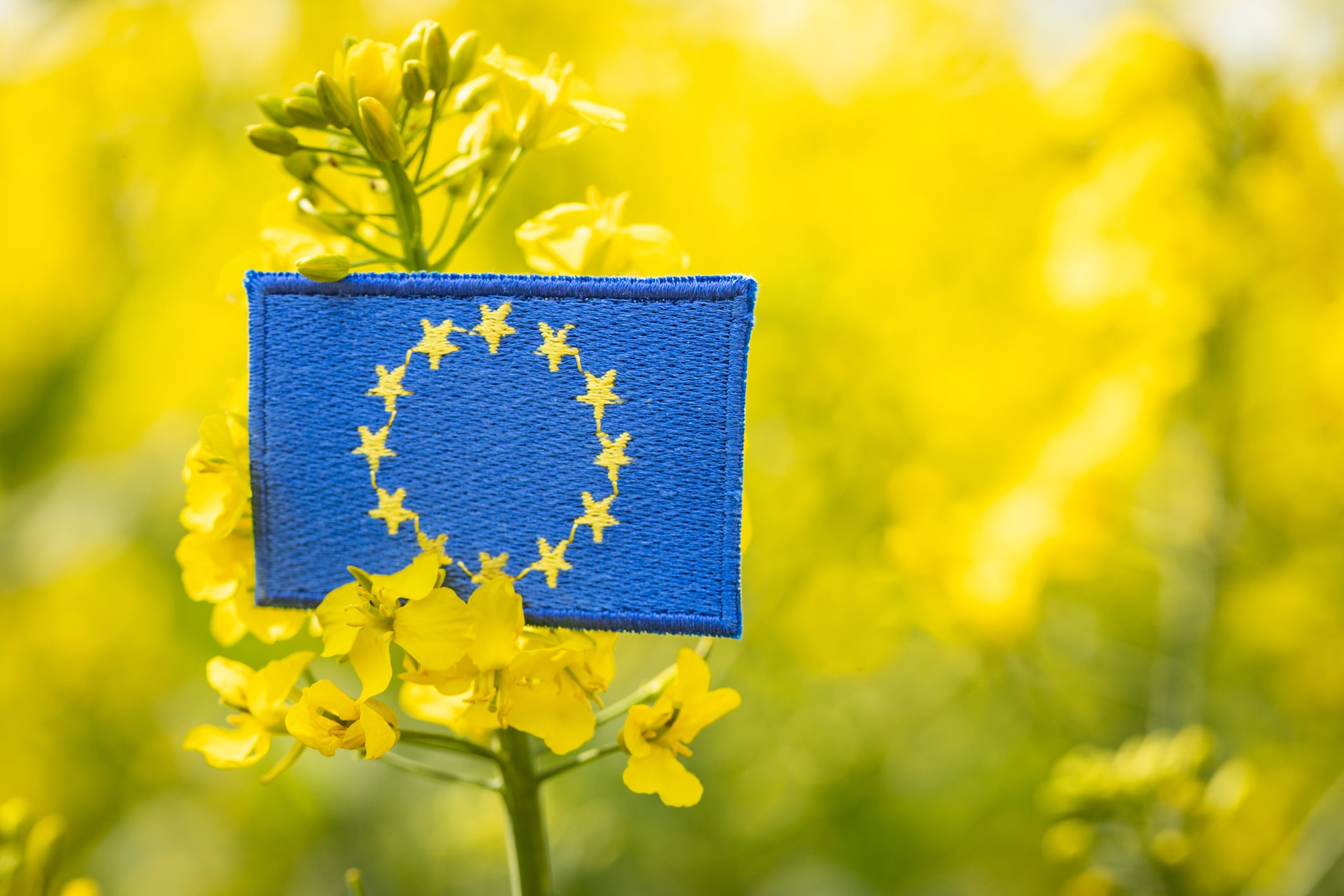
The act is expected to streamline regulation in biotechnology

In a dramatic pivot, the EU’s anti-deforestation law looks like it will be pushed back for some, and reworked for all. Here’s a timeline to help with the whiplash

As the plant-based industry pushes back against the ban, how likely is it to be implemented?
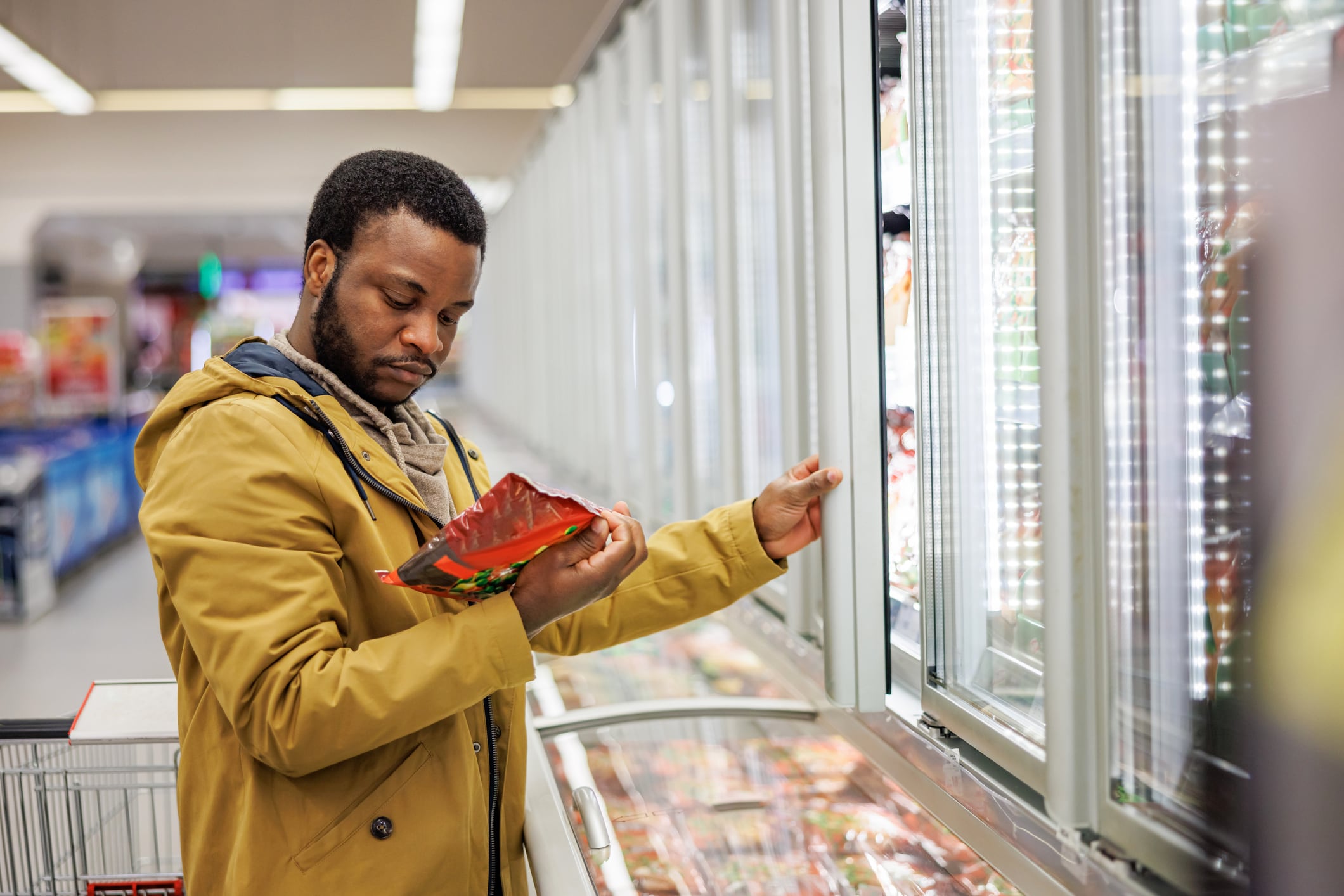
What do companies need to do to ensure their claims are compliant in the EU?
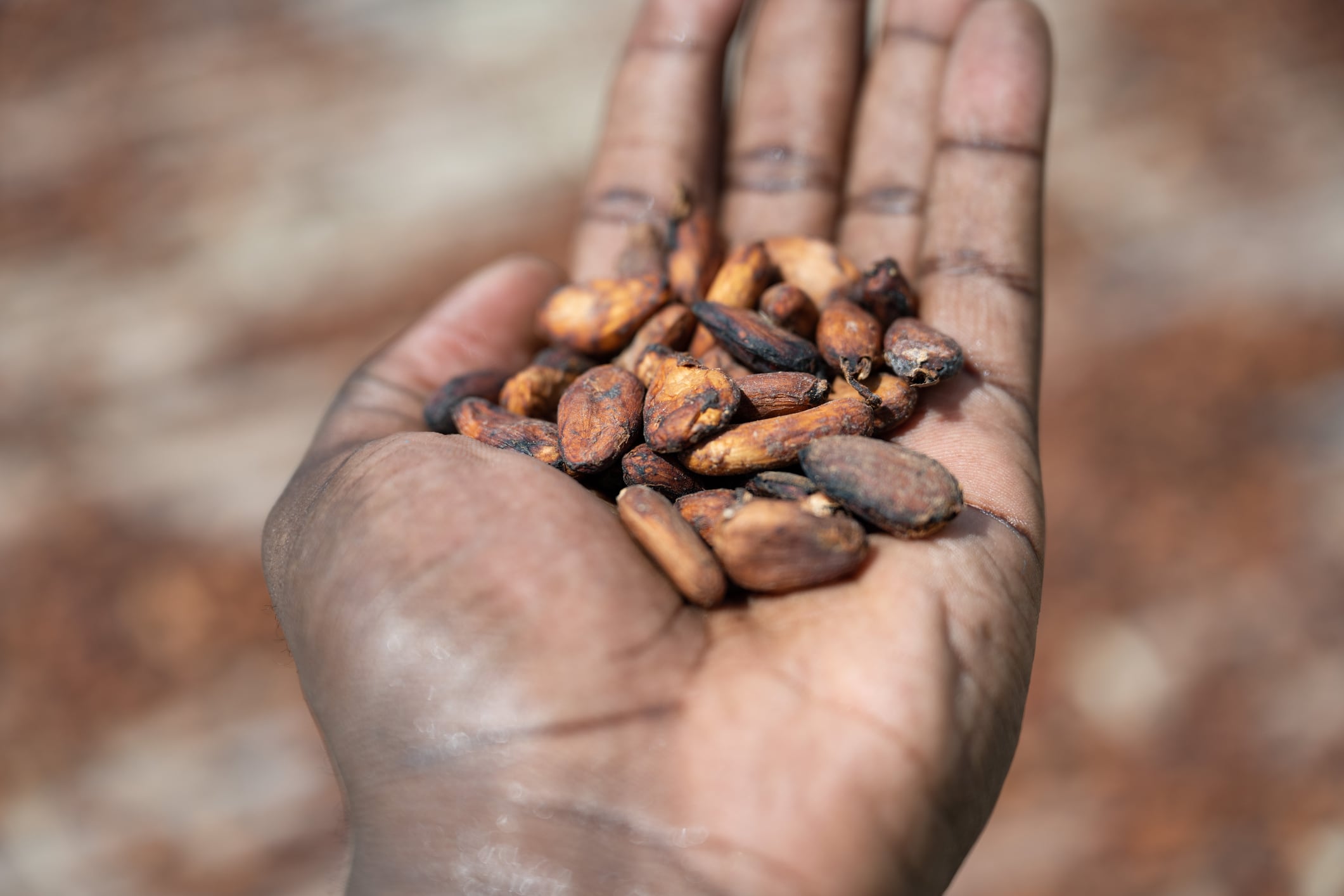
Events on the ground in producing countries will have significant effects on prices

Downstream operators will not be required to submit due diligence statements

Problems with the system, through which businesses must submit EUDR due diligence statements, were the given reason for the regulation’s potential second delay

Combining tech with other forms of innovation is the only way forward

Utilising plant-based proteins is vital for Europe’s autonomy as the world becomes more unstable, suggests innovation council head
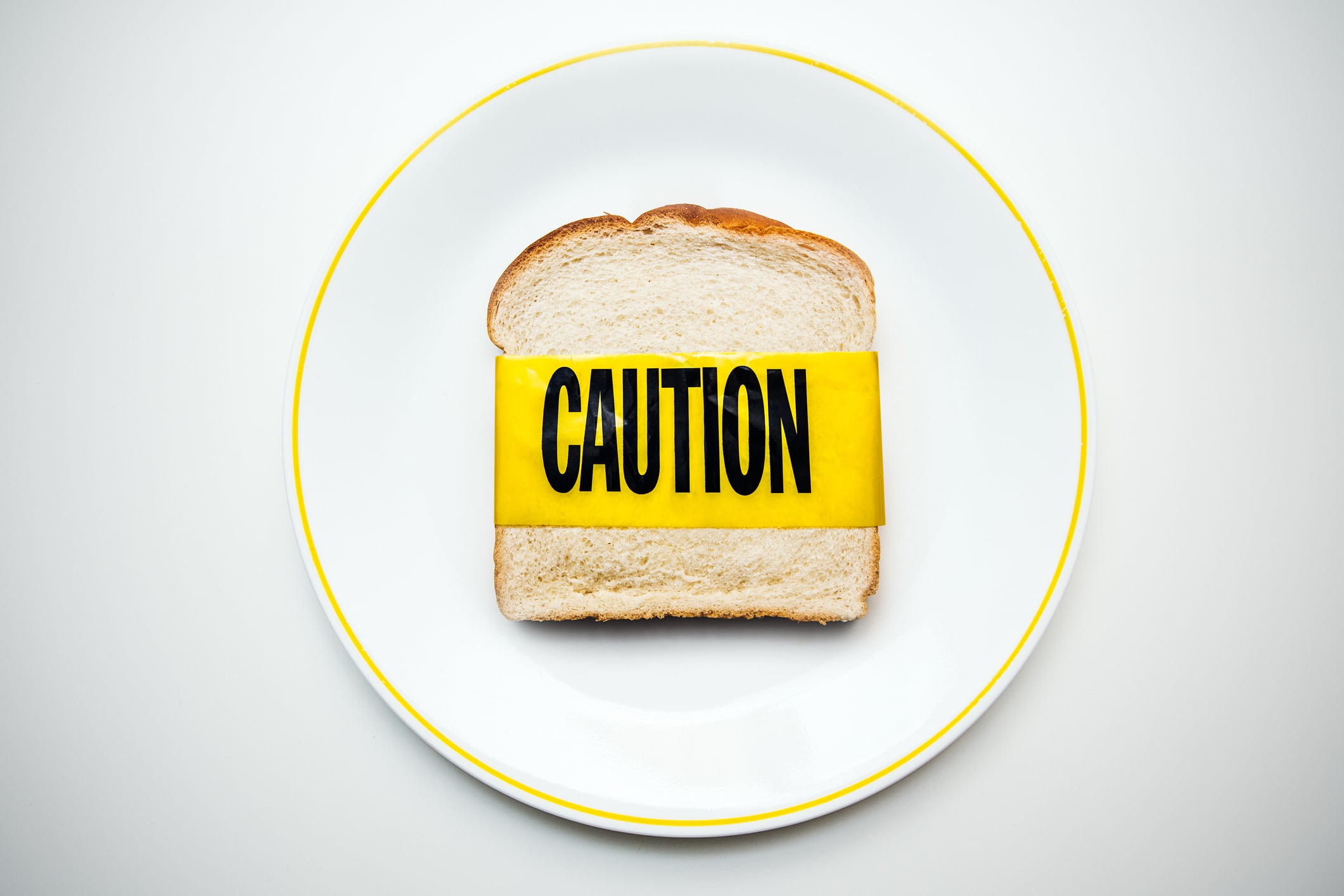
Ultra-processed foods could soon be immediately recognisable front-of-pack

Lawmakers are beginning to voice opposition to any potential delay of the groundbreaking legislation
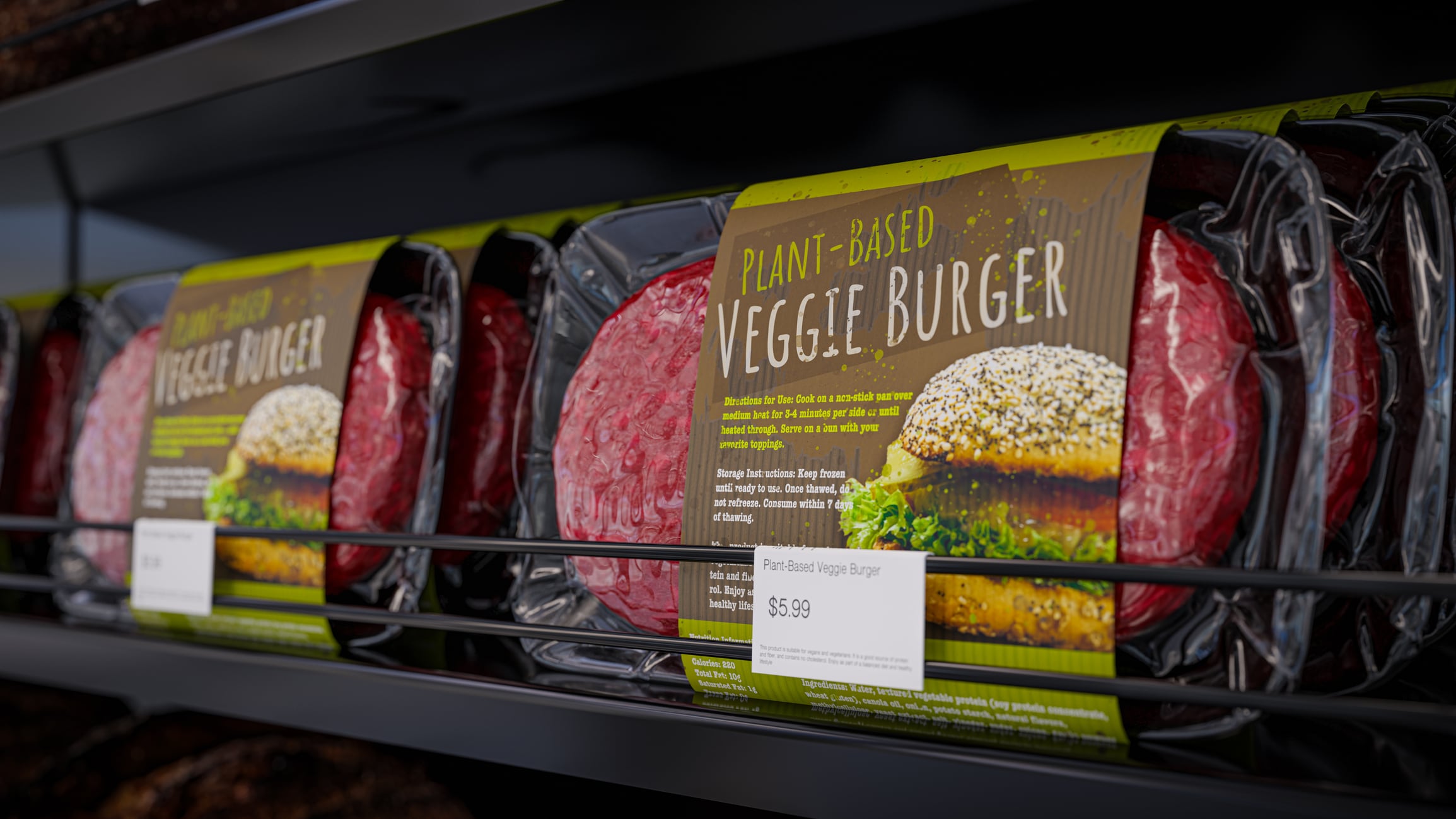
The ban would severely restrict labelling for meat alternatives in the EU
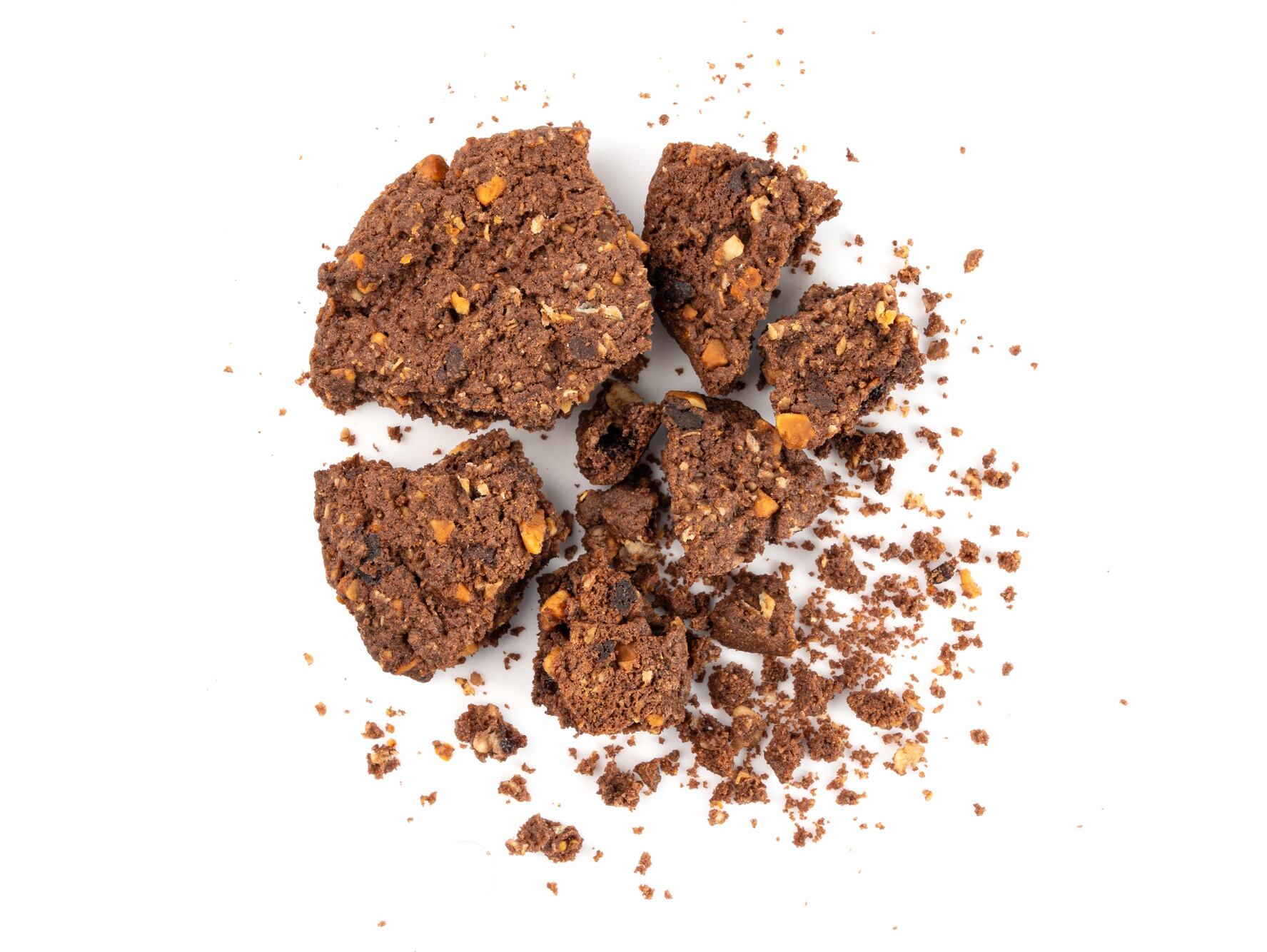
A new study shows more than a quarter of biscuits on sale blow past EU safety benchmarks for acrylamide – a probable carcinogen that’s testing regulators’ patience and shaking consumer trust

Brussels blames IT systems for EUDR delays - but others say technology’s just a scapegoat

How can applicants prepare for the all-important approval process?

Opinion
In the end, neglecting the environment will only harm food and beverage

Sustainable September
Land use must be negotiated with Indigenous peoples

More consumers understand food safety than ever before, according to EFSA

The Environment Commissioner hopes lawmakers will agree to postpone the deforestation regulation yet another year

The RSPO’s partnership with the Dutch government gives it a key role in EUDR compliance
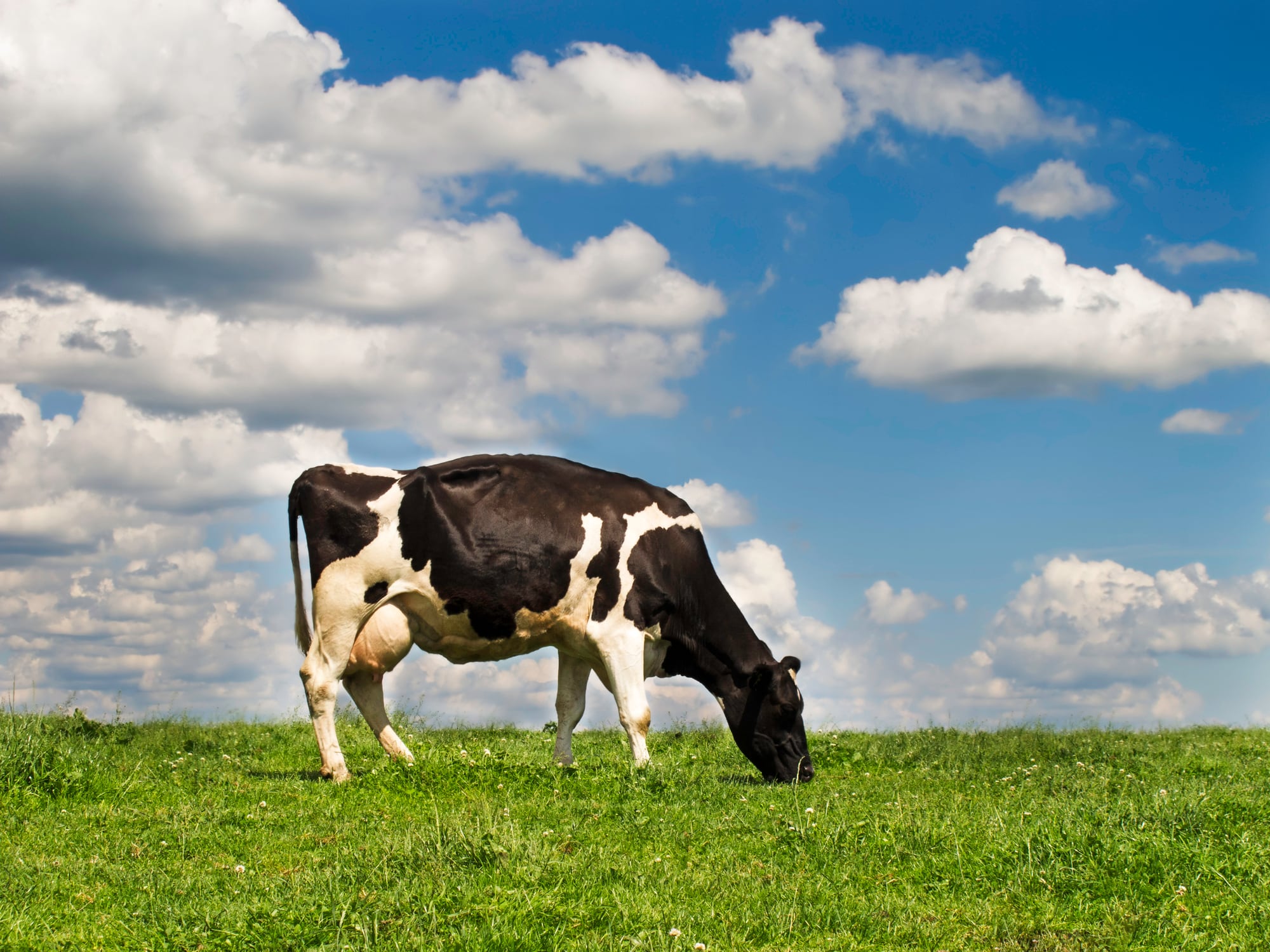
Sustainable September
Flip-flopping on policy and a lack of targeted funding for sustainability interventions is putting dairy’s green effort at risk
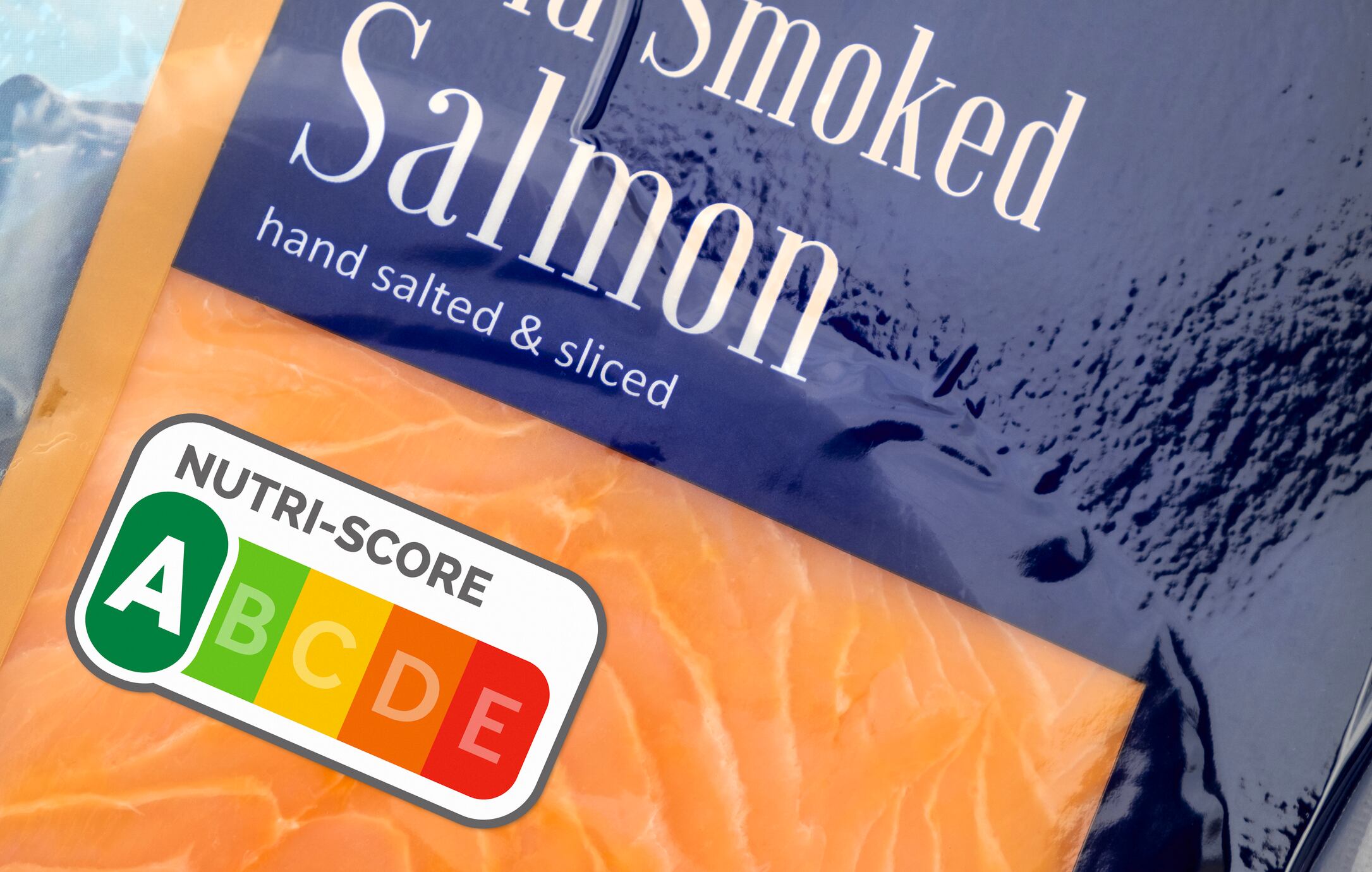
The EU has refused to release documents over shelved plans to roll out mandatory front-of-pack labelling

The EU has resumed its investigation into Mars’ $35.9bn merger with Kellanova, following a stop in July
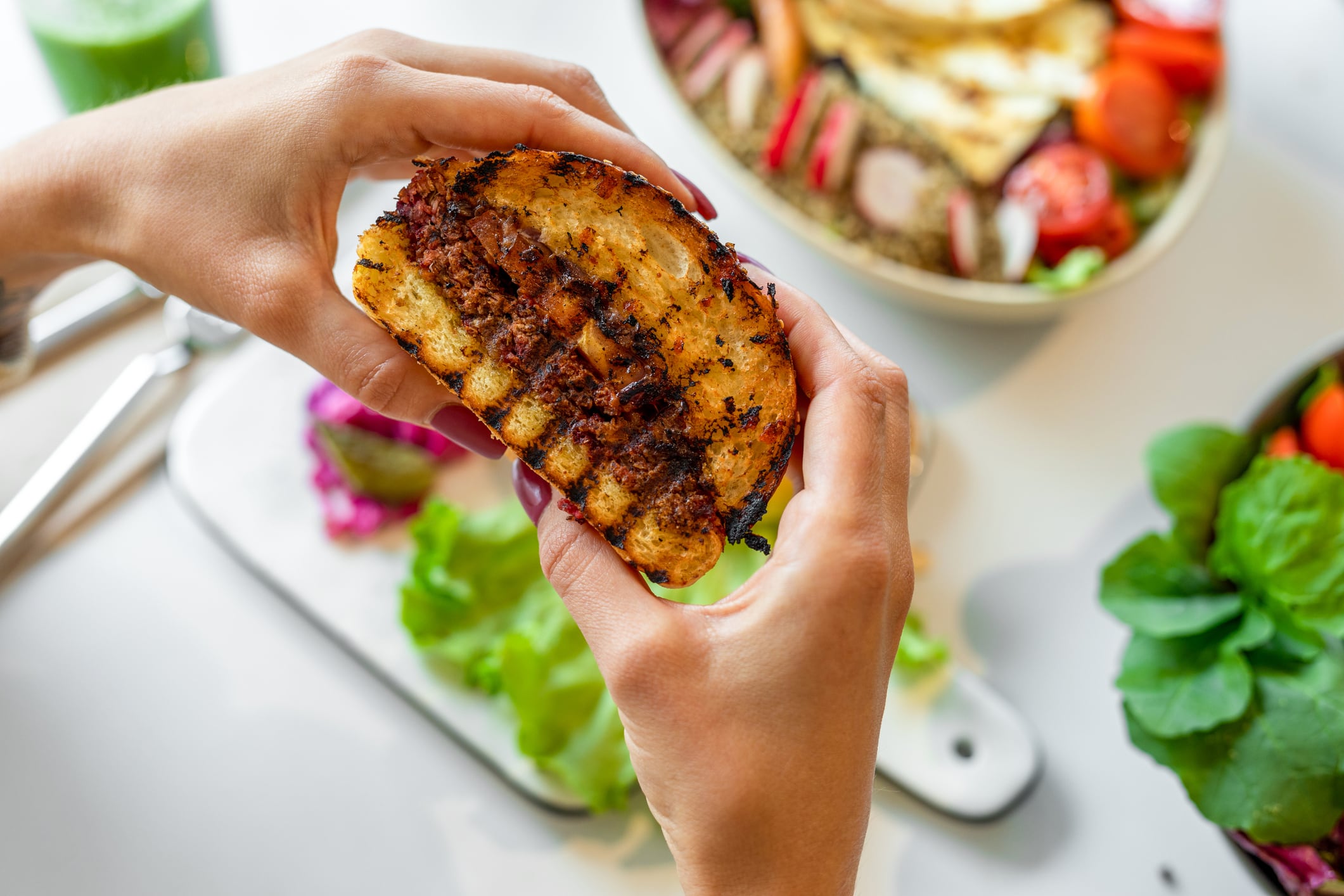
The European Parliament wants to further restrict labelling for meat alternatives

What’s the optimal intake of animal-source foods?

The UK government will consult on banning high-caffeine energy drinks for under-16s in England over health concerns. However, a new study suggests energy drinks may only be indirectly linked to poor adolescent health, so what makes them risky?

A wide-ranging trade deal with South American countries promises wide-reaching changes to food trade
